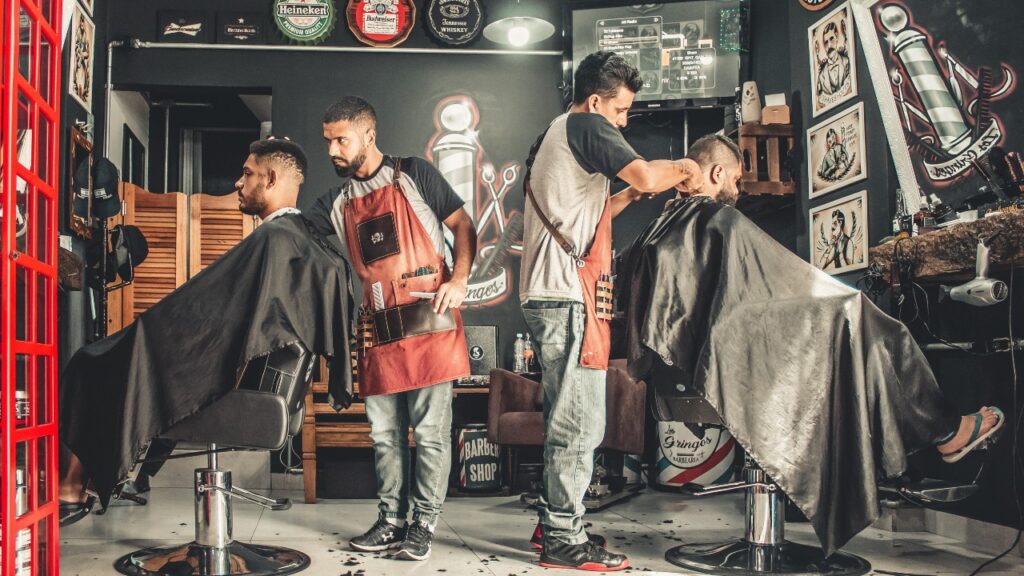Even though starting out as a sole proprietor has its advantages, you should be aware that you are taking on more risk than other business owners.
The business and yourself are treated as a single entity in the eyes of the law, unlike a limited liability company. So if something goes wrong, it doesn’t just affect your business, but your personal finances as well.
Given the risks involved, a sole proprietor may benefit more than most other businesses from purchasing commercial insurance. This comprehensive guide to public liability insurance will help you better comprehend the primary form of protection you should obtain.
What is Public Liability Insurance?
If you’re a sole proprietor and you don’t think you need business insurance, think again. Public liability insurance is a necessity for any business, no matter how big or small, because no company is immune to risks.
Your business may be required by law to compensate members of the public for injuries sustained or property damaged as a direct result of your operations.
In spite of your best efforts as a business owner, mishaps are always a possibility. You should avoid the trap of thinking nothing bad will ever happen to you.
Claims related to slips, trips, and falls are commonly large ones, making public liability insurance essential. The legal fees incurred in defending the claim must be paid in addition to compensating the injured for their lost wages and medical bills.
Customers’ well-being is at stake, and your company’s bottom line could collapse, if you don’t have adequate public liability insurance in place.
Do You Need It?

If a customer suffers injury or loss as a result of your business, you, as a sole proprietor, may be liable to pay them compensation if they file a claim against you. It’s like a safety net that will catch you if your business gets into trouble, and it will help you get back on your feet after an accident that leads to a claim.
Although not mandated by law, most businesses should acquire public liability insurance. Florists, landscapers and plumbers alike are likely to face hazards that call for the protection of public liability insurance.
Consider purchasing public liability insurance if…
- Customers come to you, wherever that may be—an office, a storefront, or even your own home.
- You plan and organize events.
- Your job takes place in a public space.
- You hope to negotiate new business contracts with the city government or another major institution.
How Much Do You Need?

Because of the unique nature of your business as a sole proprietor, the type and amount of insurance coverage that is appropriate for you will vary.
Public liability insurance requirements may not directly correlate with business size in some cases. Both large and small businesses can get by with less insurance than the maximum amount available.
The answers to these questions will give you an idea of the dangers to which your company is exposed.
How Much Will It Cost Me?
You should compare the price of public liability insurance to the potential payout in the event of a claim. Insurance premiums are typically much more cost-effective than fixing a problem on your own.
The primary factor in determining your premium is the kind of business you run. Your public liability insurance premiums will increase in proportion to the number and severity of risks to which your company is exposed.
The insurer – Insurers determine premiums for various risks based on collected information from their policy holders. Insurers’ risk tolerances vary widely, so their premiums do too.
Coverage beyond what is required by law – Your company probably faces risks beyond what basic liability insurance can pay for. Your public liability insurance premium may rise if you opt to include optional coverages like tool cover or employers’ liability.
This is not a complete list, and there may be other variables that affect the cost of your insurance. You can use a broker for liability insurance if you want to find the most cost-efficient option.
How Often Do You Interact With the Public as a Sole Trader?
At some point, every company interacts with customers and the general public. In the event that clients come to your house for any reason, public liability insurance is recommended.
But for a company that regularly interacts with numerous customers, the necessary level of protection would be greatly increased. Coverage is beneficial for both businesses, but one faces a higher likelihood of filing a claim.
What’s the Worst That Can Happen?
Even though no one plans for the worst to happen to them, it’s important to consider the worst-case scenario that could affect their company and make contingency plans accordingly.
Keep in mind that if you don’t have enough insurance, it’s the same as not having any. Picking the cheapest insurance policy may not save you money if any unexpected problems arise.
Leave a Reply